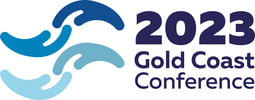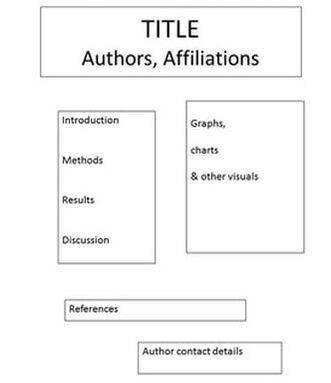Presentation Assistance
The following presentation guidelines and tips have been created to assist you in preparing your presentation:
Inclusivity Invitation: We embrace and encourage diversity in many forms and are committed to promoting greater inclusivity amongst our members and community. We define diversity as people of different cultural backgrounds, races, genders, sexual orientations, body sizes, religions, socio-economic statuses, abilities, and more. We define inclusivity as an approach where we respect, welcome, encourage and engage diverse perspectives, and in particular are highly committed to deeply listening to the perspectives of those with lived experience and from marginalised groups. We are committed to upholding inclusivity by speaking and acting in ways which afford every person respectful and considerate care, free of bias and stigma. In delivering your presentation we invite you to read and consider this Inclusivity Invitation. We invite you to consider the language that you may be using to describe bodies (including size, gender, age, sexual orientation, ability etc.) and be inclusive and considerate. Specifically, we invite you to be mindful of any medicalising or pathologizing of bodies (e.g., “obese”, “anorexic”) and instead consider other ways of describing bodies in a more neutral and inclusive way.
Some examples you may consider are:
If you are interested in learning more about the topic of inclusivity, please refer to this article on terms to avoid or reconsider in the eating disorders field.
Some examples you may consider are:
- Rather than using terms such as “anorexic” or “bulimic” we invite you to use the terminology “person with anorexia” or “person with bulimia”.
- Rather saying “obese” or “obesity” or “person with obesity” we invite you to consider using terms such as “person with a BMI over 30” or “person at higher weight” or “people in larger bodies.” Similarly, we may say “low weight” rather than “underweight” or we may say “BMI under 20”.
If you are interested in learning more about the topic of inclusivity, please refer to this article on terms to avoid or reconsider in the eating disorders field.
In-conference Workshop presentations
In-conference Workshops will take place in-person at the QT Gold Coast on Friday 25 August & Saturday 26 August 2023.
These workshops will have a substantial practical element. They are usually clinical in focus, research based workshops should focus on research methodology. They will have an interactive format to facilitate active learning, such as discussion, activities & small group role plays. The workshop must include practical material such as "how to" guides and vignettes.
Workshops will be 90 minute duration including a minimum of 30 minutes of activity and discussion.
Recommended PowerPoint Slide Format: 16:9 (PC Format Only).
For any further assistance regarding in-conference workshop presentations please contact Amanda Davis at [email protected].
These workshops will have a substantial practical element. They are usually clinical in focus, research based workshops should focus on research methodology. They will have an interactive format to facilitate active learning, such as discussion, activities & small group role plays. The workshop must include practical material such as "how to" guides and vignettes.
Workshops will be 90 minute duration including a minimum of 30 minutes of activity and discussion.
Recommended PowerPoint Slide Format: 16:9 (PC Format Only).
For any further assistance regarding in-conference workshop presentations please contact Amanda Davis at [email protected].
Oral presentationsOral presentations will take place in-person at the QT Gold Coast on Friday 25 August & Saturday 26 August 2023.
Duration: 15 minutes, please prepare your talk to include 12 minutes of presentation time and 3 minutes for questions. Presentations will be concurrent sessions and grouped together around broad themes:
Recommended PowerPoint Slide Format: 16:9 (PC Format Only) For any further assistance regarding Oral presentations please contact Megan Bray at [email protected]. |
Presentation Tips
By Phillipa Hay & Lois Surgenor |
Posters presentations
|
All poster presentations will be displayed at the QT Gold Coast.
Please note: All posters should be no larger than Standard ISO A0 size (841mm x 1189mm). Posters will be placed on vertical assigned spaces or boards. Adhesive velcro buttons for mounting the presentation on the poster boards will be supplied. Each display will be identified by a number, so you are able to find the correct position for your poster. If you have any questions on the day, please ask someone at the registration desk. Presenters are asked to be in attendance alongside their poster during the break times to answer questions and discuss aspects of your research. For any further assistance regarding Poster presentations please contact Aimee Maxwell at [email protected]. |
Suggestions
Layout
A suggested format is below, but may vary depending on the nature of the presentation. The size, vertical/portrait layout, title, author/s, affiliations and contact details are all required. |


